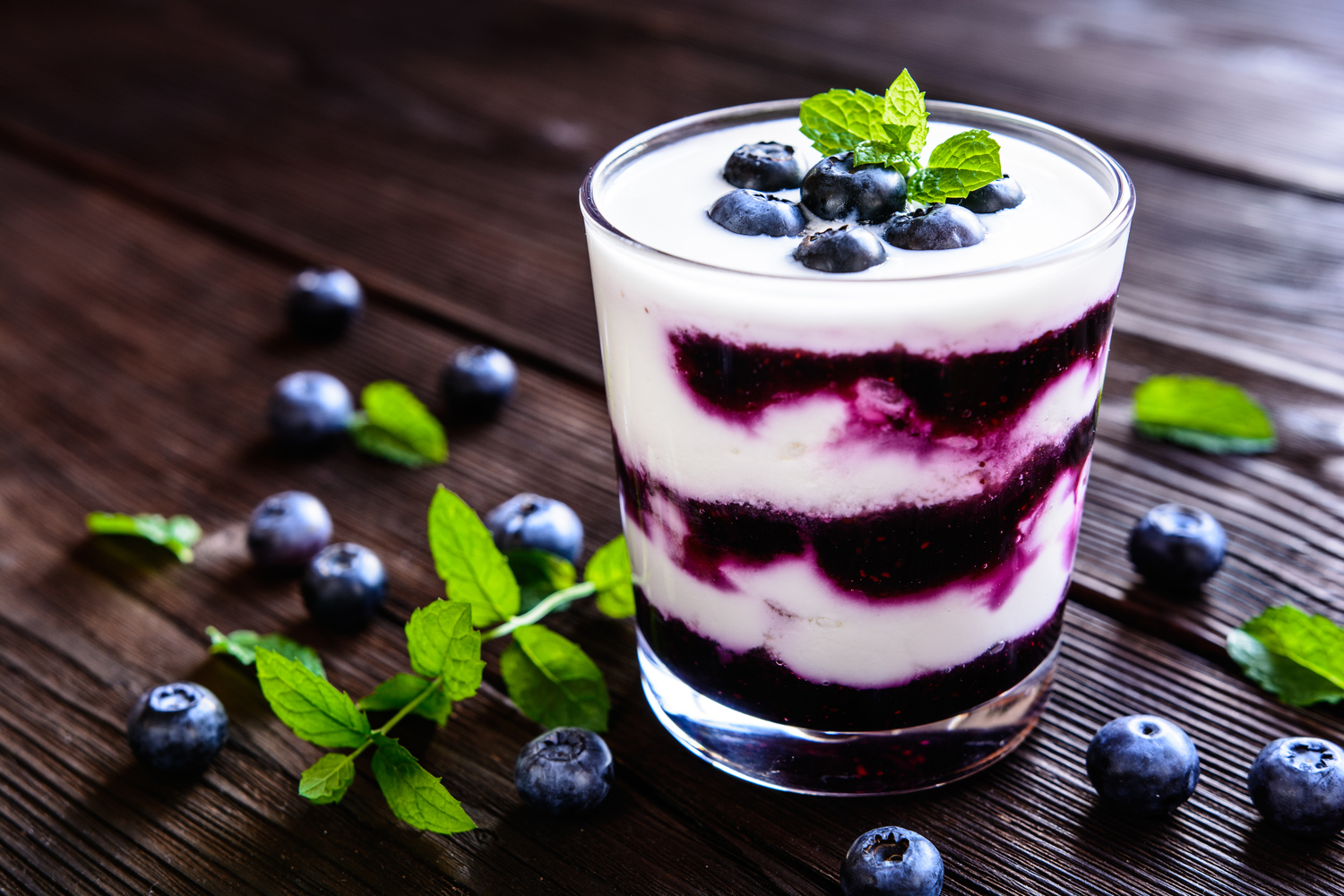
Foods to Help Manage Multiple Sclerosis
Symptoms of multiple sclerosis can be controlled and the progression of the disease can be significantly slowed by consuming a diet that includes appropriate portions of healthy food. This will help to improve the quality of life of multiple sclerosis patients. A diet low in fat and high in fiber is recommended for those with multiple sclerosis. MS specialists recommend these foods for multiple sclerosis patients:
Foods rich in vitamin D
Vitamin D is important for everyone. For those with MS, studies have shown that a higher level of vitamin D has a lower chance of developing MS. Vitamin D is the most important vitamin for bone health. If you suffer from multiple sclerosis, you are likely to experience low bone density and osteoporosis. vitamin D helps to prevent this. As you know most of the bodies vitamin D comes from exposure to sunlight, but you can also add these foods which are rich in vitamin D to your diet:
- Oily fish
- Egg yolks
- Fortified dairy products
- Beef liver
Calcium-rich foods
Calcium is the key to bone health. Calcium is important to both men and women with multiple sclerosis, but particularly for women who are near menopause, as they are at the highest risk of developing osteoporosis because of multiple sclerosis. Some calcium-rich foods to include in your diet are:
- Almonds
- Seeds
- Yogurt
- Whey protein
- Leafy greens
Fresh fruits and vegetables
Fresh fruits and vegetables are rich in antioxidants and phytochemicals, which help to reduce inflammation. Studies show that a diet rich in fruits and vegetables was found to correlate with less disability and lower symptom severity in people with multiple sclerosis, reducing pain and fatigue, cognitive impairments and depression.
Whole grains
Multiple sclerosis patients generally have trouble with bowel movements. To have healthy bowel movements opt for whole grains instead of processed grains. They help to stabilize blood sugar and reduce fatigue associated with multiple sclerosis. Add oats, brown rice, and quinoa to your diet.
Fermented foods
Microbiomes, the diverse population of bacteria that live in your bodies and the gut microbiomes play a significant role in the immune system. The health of the gut microbiomes plays a role in fighting many diseases as it helps to improve the immune system to fight multiple sclerosis. Add fermented foods that naturally contain beneficial bacteria, to your diet to support healthy microbiomes. Some good sources of beneficial bacteria are:
Kefir
- Kombucha
- Sauerkraut
- Miso
- Honey
Turmeric
People with multiple sclerosis are using complementary and alternative approaches like herbs and supplements to augment prescription medication treatments for symptoms of multiple sclerosis, like pain, spasticity, memory loss, and fatigue. One of the most popular herbal remedies is turmeric, a spice that is very popular in Asian cuisines and is gaining popularity in the western world as well. Curcumin, a key ingredient in turmeric helps to reduce inflammation caused by multiple sclerosis. Turmeric powder can be added as a spice to your dishes.
Ginger
Ginger helps to alleviate joint and muscle pain that is common in multiple sclerosis. Ginger is a powerful natural anti-inflammatory, which reduces the inflammation around the nerves and muscles that cause stiffness and physical pain associated with multiple sclerosis. The ginger root powder is available; add it to your teas and juices.
Apart from consuming a healthy diet with the above-mentioned food items, make sure you also bring in lifestyle changes to manage multiple sclerosis.


